
Latest Articles about Uzbekistan
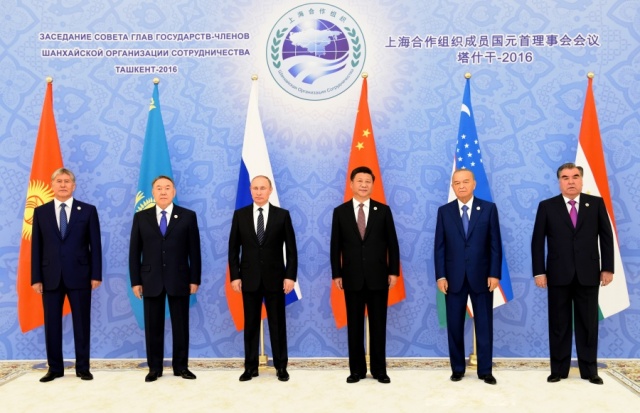
Need for Closer Ties With Beijing Clouds Moscow’s View of the SCO
Russian views of the Shanghai Cooperation Organization (SCO) were prominently on display at the grouping’s most recent summit, in Tashkent, which took place on June 23–24. Specifically, President Vladimir Putin had extravagant words of praise for the SCO—a regional institution bringing together Russia, China, Kazakhstan,... MORE
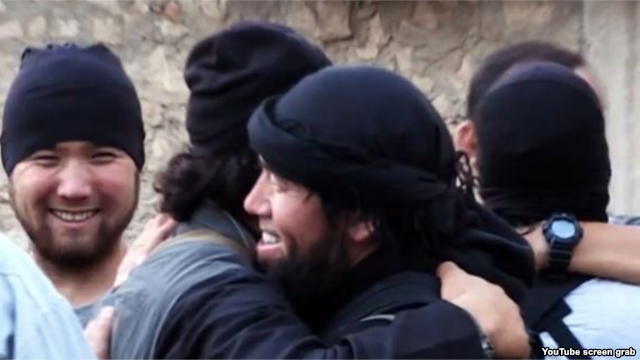
Istanbul and Aktobe Attacks Highlight Central Asians’ Role in Transnational Terrorist Networks
Since the start of the Syrian war in 2011, Central Asians have featured prominently among the anti-government militants. But until June 2016, as far as Central Asia was concerned, the impact of the war was contained almost entirely to Syria and Iraq and remote parts... MORE
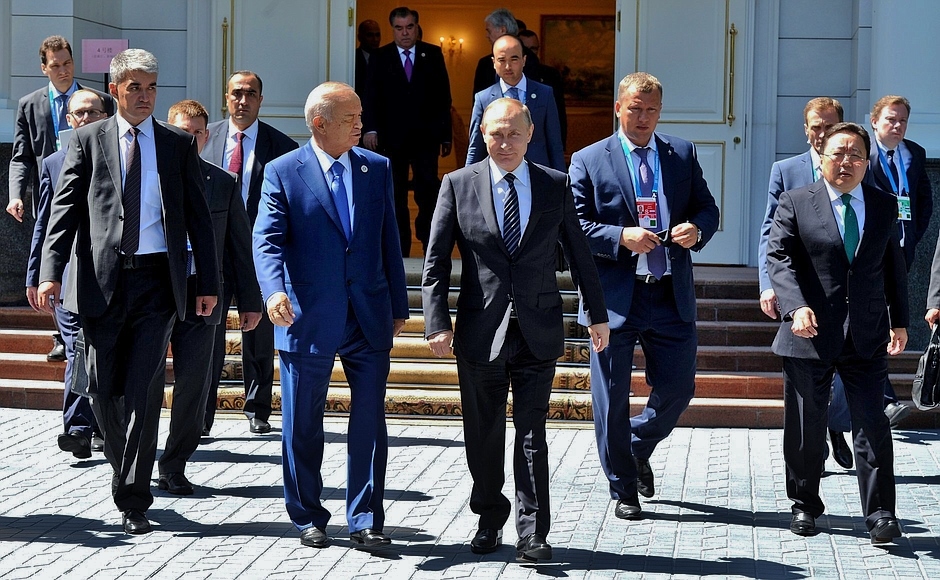
Future of the SCO Under Question After Tashkent Summit
The fifteenth meeting of the heads of state of the Shanghai Cooperation Organization (SCO) took place on June 23–24, in Tashkent, Uzbekistan. Participation in these annual meetings has been growing over the past several years and was even bigger this time as negotiations for admitting... MORE
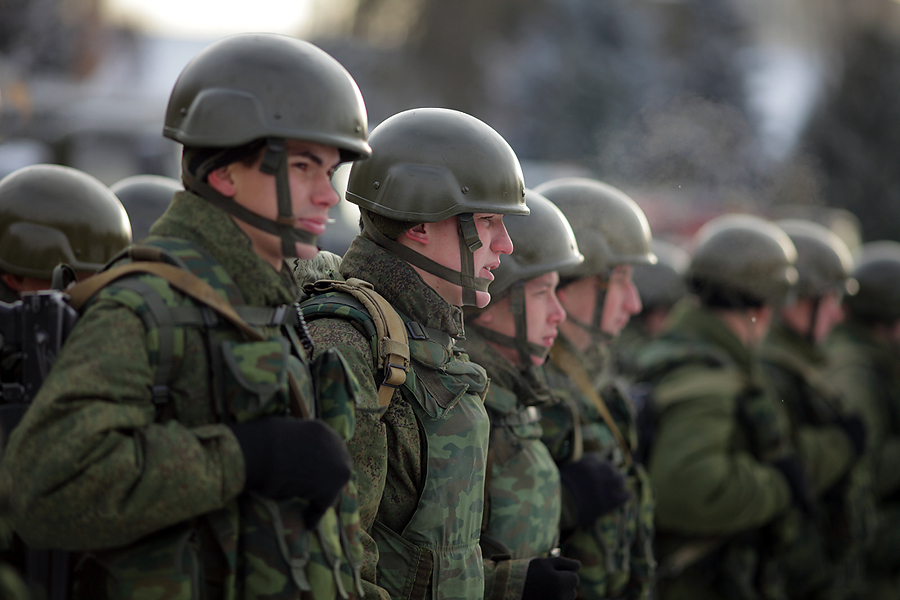
For Protection From ‘Terrorists,’ Moscow Offers Central Asians Air Defense
During his recent trip to Kazakhstan, Turkmenistan and Iran, Russian Defense Minister Sergei Shoigu repeatedly spoke about the need for a joint effort against terrorism. “We need to discuss everything happening in the world, to look at and draw up additional joint measures in the... MORE
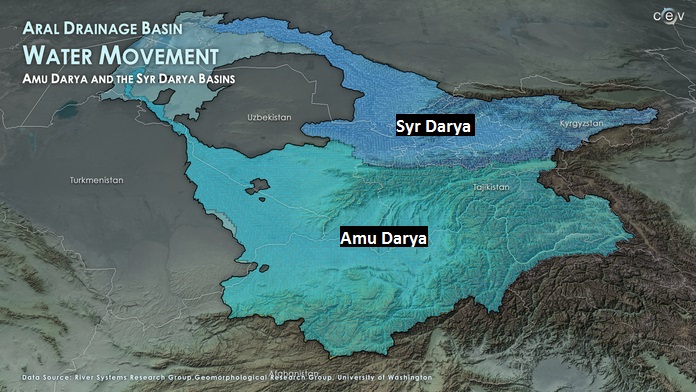
Water Shortages Likely to Reduce Central Asian GDPs by 11 Percent
Although Central Asia as a whole has enough water to promote development, problems in sharing this critical resource among the region’s five post-Soviet republics—Kazakhstan, Kyrgyzstan, Uzbekistan, Turkmenistan and Tajikistan—are becoming downright severe. According to a new World Bank study, such localized water crises could reduce... MORE
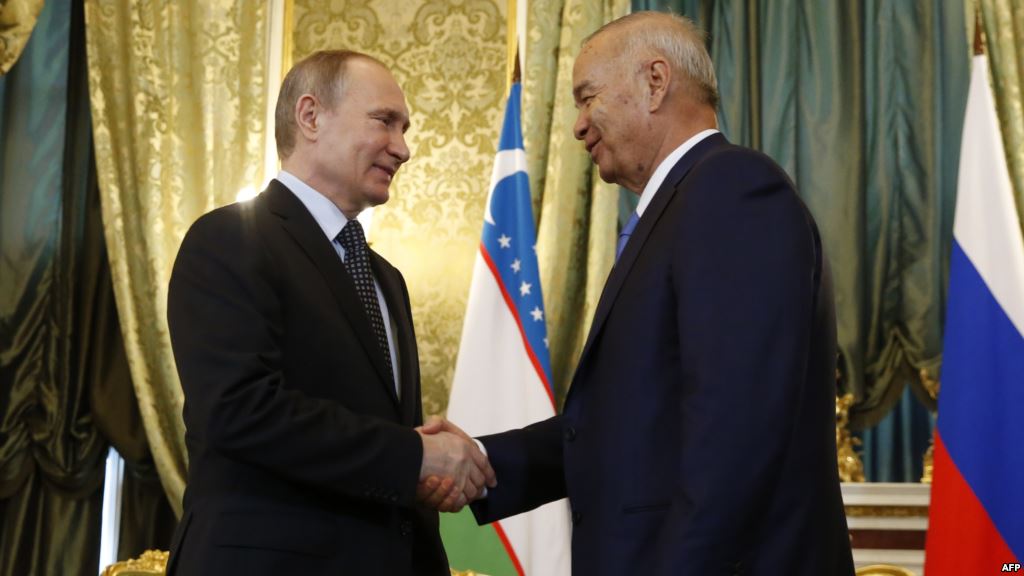
Uzbekistan and Russia Agree to Reset Bilateral Ties
Uzbekistan’s President Islam Karimov visited Moscow for talks with his Russian counterpart, Vladimir Putin, on April 25–26, 2016. The visit was widely hailed as the opening of a new chapter in bilateral ties (Uza.uz, April 27). President Putin called Uzbekistan “a strategic partner and a... MORE

Central Asia’s ‘Karabakhs’ May Be Even More Dangerous Than the Original
The renewed violence in Azerbaijan’s separatist region of Karabakh (see EDM, April 6) is attracting attention to three larger problems in other parts of the former Soviet space: the existence of ethnic exclaves in neighboring countries, the continuing failure of the states of the region... MORE
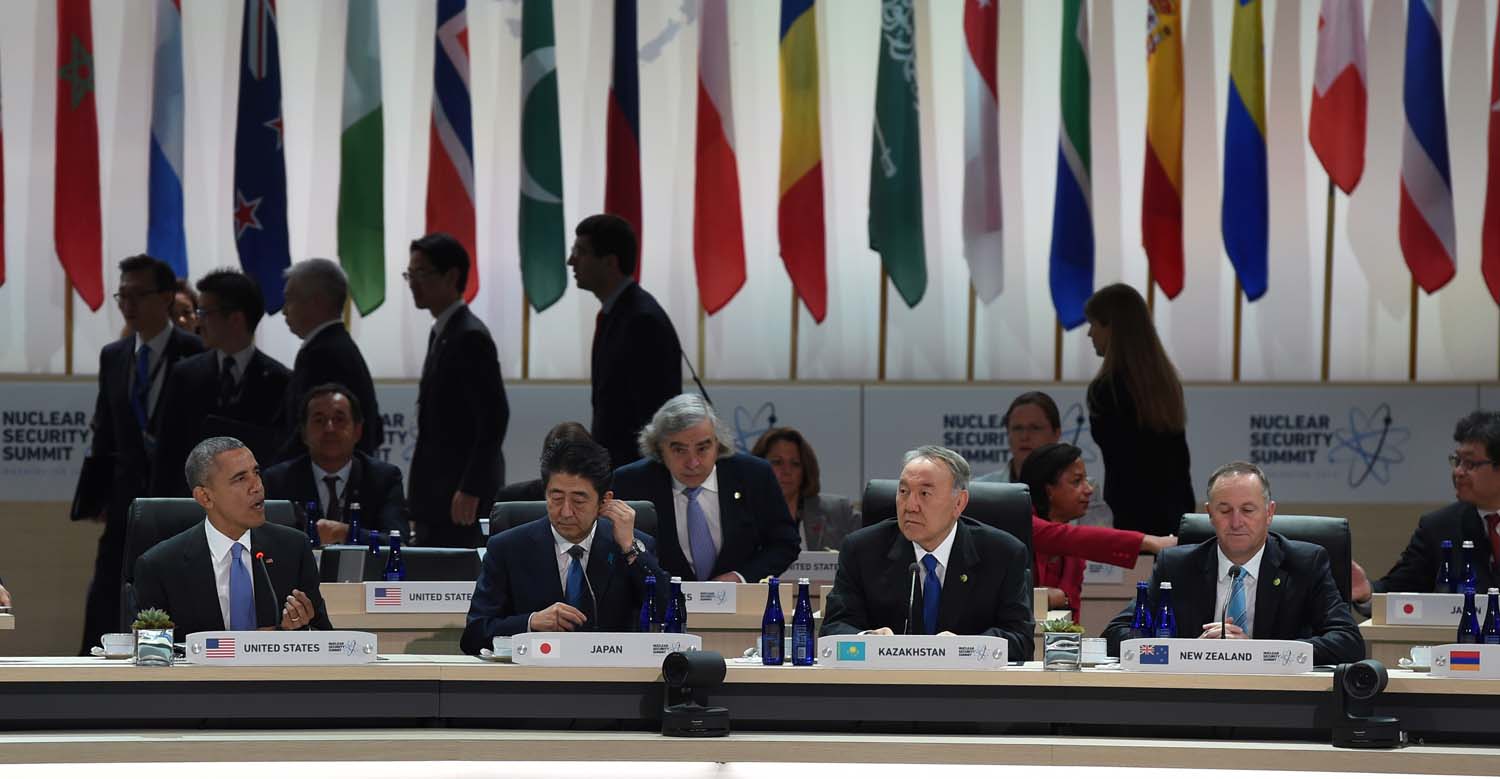
Central Asian Nuclear-Weapon-Free Zone: A Long Gestation (Part Two)
*To read Part One, please click here. Western nuclear powers have expressed objections regarding several provisions of the Central Asian Nuclear-Weapon-Free Zone (CANWFZ) Treaty (US State Department, Treaties Data Base Home, CANWFZ Treaty, accessed April 5). The treaty, signed by Central Asia’s five countries, is... MORE
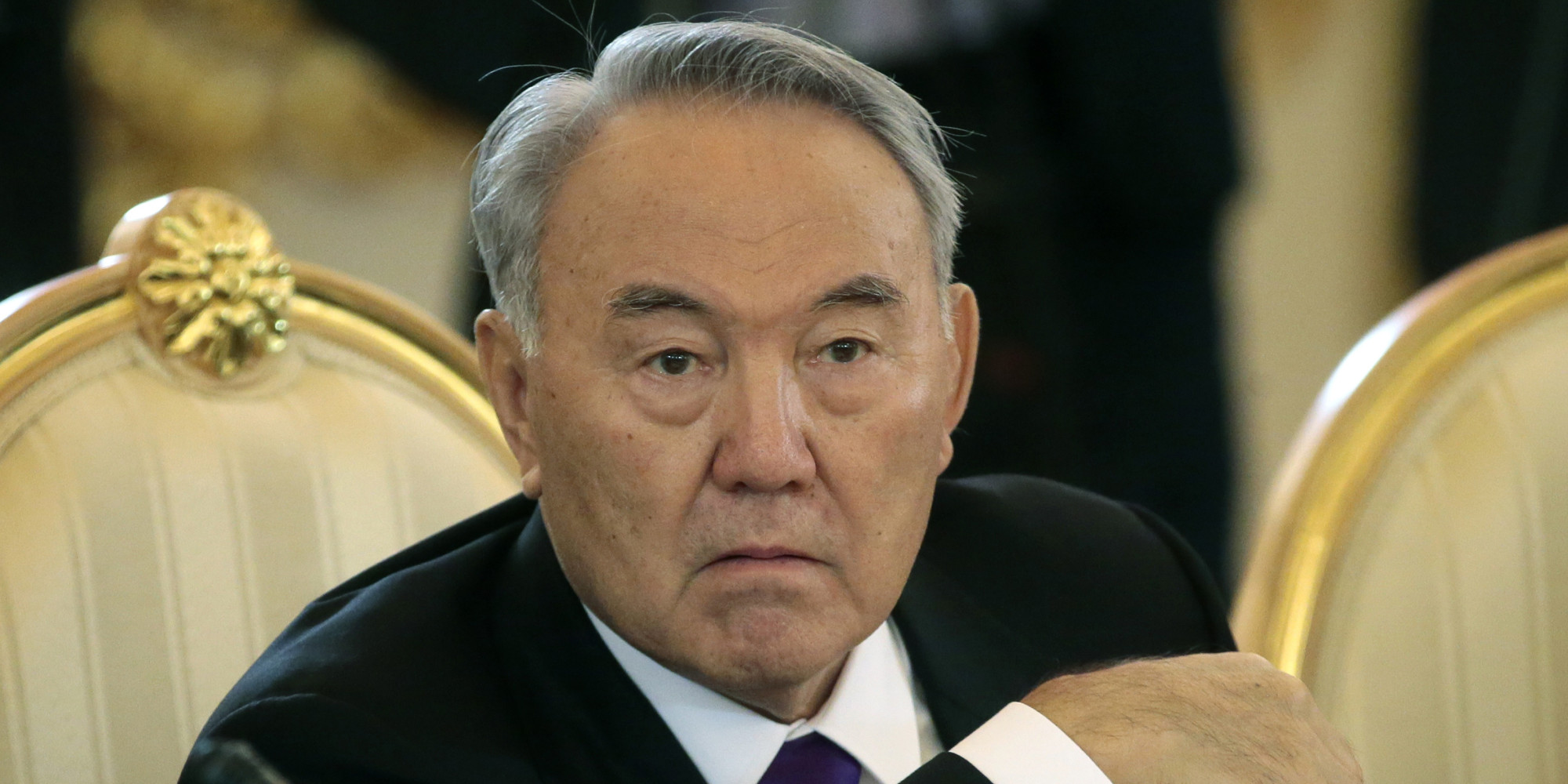
Central Asian Nuclear-Weapon-Free Zone: A Long Gestation (Part One)
Kazakhstan’s President Nursultan Nazarbayev participated in the Nuclear Security Summit in Washington, DC, on March 30–April 2, where he met with United States President Barack Obama (Kazinform, April 2). Kazakhstan has long been recognized as a global example on nuclear disarmament and nonproliferation. The country... MORE
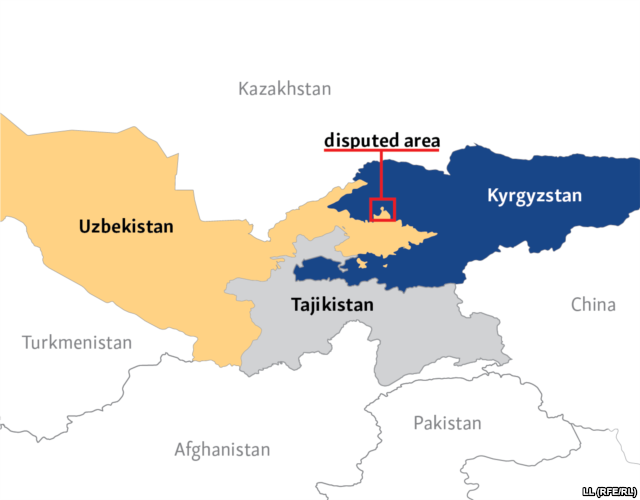
Kyrgyzstan Targets Wrong Enemy in Its Latest Border Crisis With Uzbekistan
The Russian-led Collective Security Treaty Organization (CSTO) convened an extraordinary session, on March 22, at its headquarters in Moscow, at the request of the Kyrgyz Republic’s government. Its members—Armenia, Belarus, Kazakhstan, Kyrgyzstan, Russia and Tajikistan—came together to discuss the latest border crisis between Kyrgyzstan and... MORE